On Becoming a Guinea Fowl
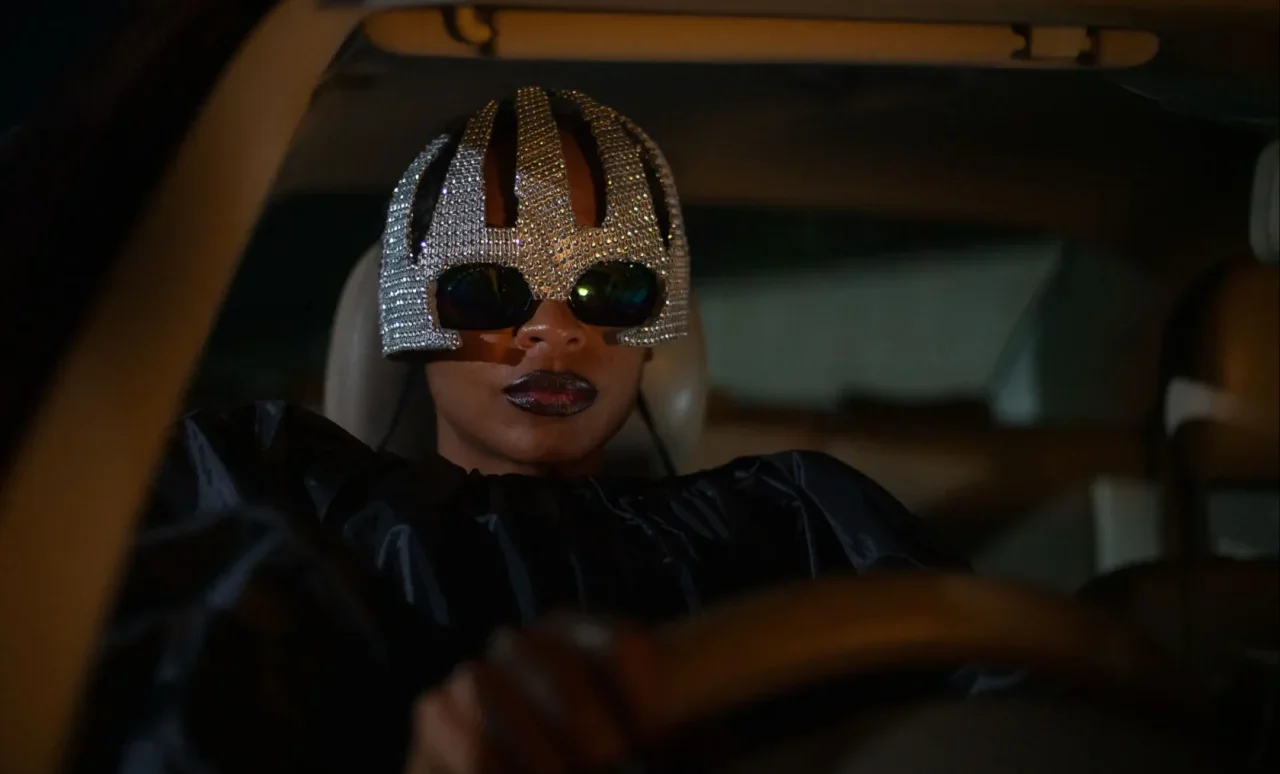
Zambian-Welsh filmmaker Rugani Nyoni’s follow-up to her arthouse hit debut I Am Not a Witch, On Becoming a Guinea Fowl, starts with one of the odder scenes you’ll see this year.
In it, Shula (Susan Chardy), a young Zambian woman, is driving down the road while dressed as what can only be described as Judge Dredd escaping a disco in a bin bag when she stops due to a body lying by the roadside. The body turns out to be her Uncle Fred, who has mysteriously dropped dead.
What makes the scene bizarre is the nonchalant way she, and later her good-time gal cousin Nsansa (Elizabeth Chisela) deal with an incident that should come as an earth-shattering shock. Calm phone calls are made to her father and to the authorities – the latter refusing to come out until morning and so ask her to wait.
A possible reason for this later becomes clear – as preparations for Fred’s funeral bring up a dark family secret of female child sexual abuse.
This isn’t, though, a straightforward drama of a family struggling to cope with the airing of long-buried trauma, as we often see in everything from police dramas to true crime podcasts. Instead, Nyoni marries a social and magical realist approach that is also bleakly comic.
We gradually find out more about the family’s secrets, not through huge, explosively scripted rows about who knew what when, but through snatched conversations that linguistically wander and dream-like hallucinatory sequences.
All the while it is clear that Nyoni has an important point to make about how women are treated in staunchly patriarchal societies where senior women are often its strongest enforcers. Another odd scene that hits hard is one where Shula frets over the welfare of a family member while the men make ever more demanding – and insistent – chicken, rice and fish orders. It reflects the common idea among Shula’s aunts that the greatest crime is not to cook for your man enthusiastically enough.
It is an easy film to respect but a difficult one to be captivated by. The choice to gradually draw out the pain may be thematically spot on but doesn’t truly spark emotion until late payoffs give outlets for simmering anger and to see Shula’s quiet heroism.
That may be true to the subject matter – intra-family abuse by its nature is often awkward to address in any society – but it does make one wish there were more moments like the opening scene or the reveal of the meaning of its “guinea fowl” title that inject real life into a difficult subject that Nyoni still deserves admiration for tackling in an interesting and rare way.
Mark Worgan
Read more reviews from our London Film Festival coverage here.
For further information about the event visit the London Film Festival website here.



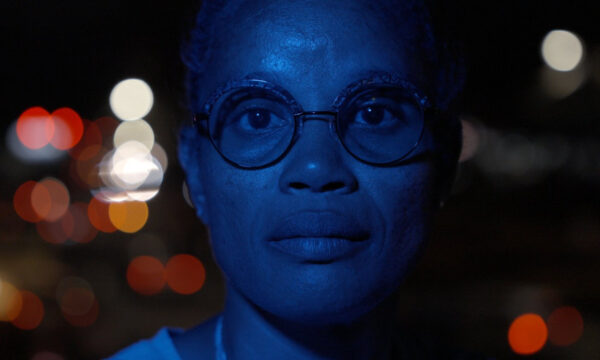

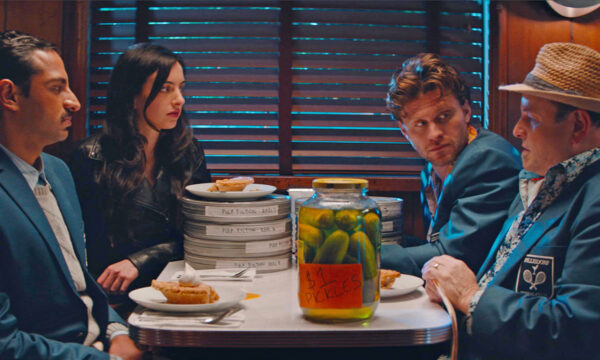
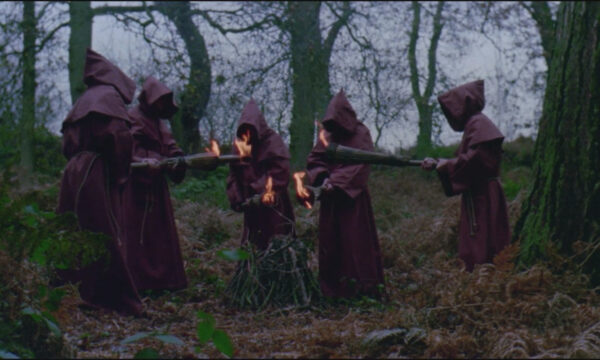
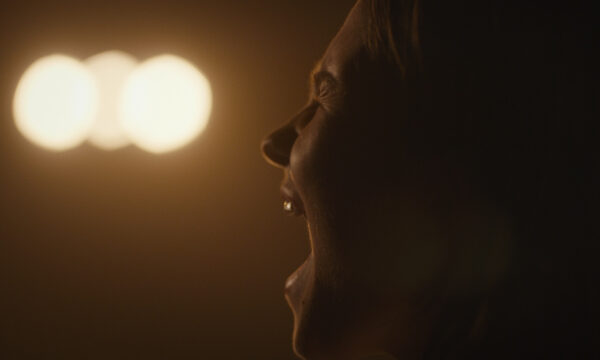
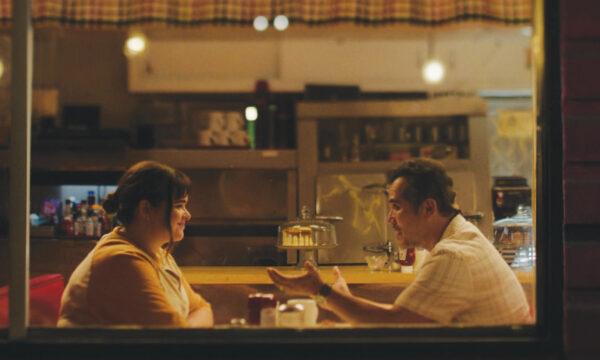
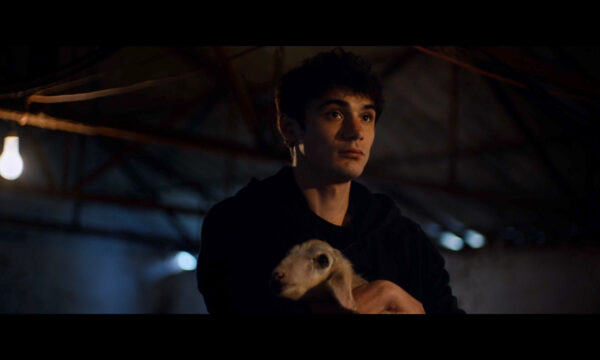










Facebook
Twitter
Instagram
YouTube
RSS